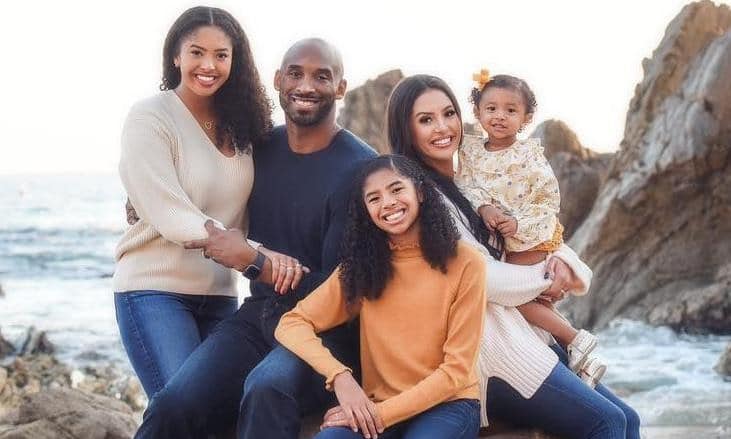
As the COVID-19 pandemic continues to ravage the country, doctors across the nation are joining lawyers in urging Americans to create the proper estate planning documents, so medical providers can better coordinate their care should they become hospitalized with the virus.
The most critical planning tools for this purpose are medical power of attorney and a living will, advance healthcare directives that work together to help describe your wishes for medical treatment and end-of-life care in the event you’re unable to express your desires. In light of COVID-19, even those who have already created these documents should revisit them to ensure they are up-to-date.
While all adults over age 18 should put these documents in place as soon as possible, if you are over age 60 or have a chronic underlying health condition, the need is particularly urgent.
Advance directives
Medical power of attorney is an advance directive that allows you to name a person, known as your “agent,” to make healthcare decisions for you if you’re incapacitated and unable to make those decisions yourself. For example, if you are hospitalized with COVID-19 and need to be placed in a medically induced coma, this person would have the legal authority to advise doctors about your subsequent medical care.
If you become incapacitated without medical power of attorney, physicians may be forced to ask the court to appoint a legal guardian to be your decision maker. The person given this responsibility could be someone you’d never want having power over such life or death decisions—and that’s why having medical powers of attorney is so important.
While medical powers of attorney names who can make health-care decisions in the event of your incapacity, a living will explains how your care should be handled, particularly at the end of life. For example, if you should become seriously ill and unable to manage your own treatment, a living will can guide your agent to make these medical decisions on your behalf.
These decisions could include if and when you want life support removed, whether you would want hydration and nutrition, and even what kind of food you want and who can visit you. To ensure your medical treatment is handled in exactly the way you want and prevent your family from undergoing needless stress and conflict during an already trying time, it’s vital that you document such wishes in a living will.
Keep your directives updated
Even if you’ve already created advanced directives, now is the perfect time to review the documents to ensure they still match your wishes and circumstances. For instance, is the agent named in your medical power of attorney still the individual you’d want making these decisions? Do you have alternate agents named in case your primary choice is unable to serve? Has your health changed in ways that might affect your living will’s instructions? Are your values and wishes regarding end-of-life still the same?
Coronavirus considerations
What’s more, whether you are creating new documents or updating your old ones, you should keep COVID-19 in mind. The highly contagious and life-threatening nature of the coronavirus is something medical providers have never dealt with before, and it has strained our nation’s healthcare system to the breaking point.
You don’t want anything slowing down your treatment options if you contract COVID-19. Because COVID-19 is so contagious, family members of those who’ve contracted the virus are often not allowed to accompany them to the hospital. This means your agent likely won’t be there in person to make your treatment decisions. Ensure your agent has access to a copy of your directives and be sure to take a copy with you, along with contact info for your agent, if you must go to the hospital for treatment.
Don’t do it yourself
While you’ll find a wide selection of generic, advance-directive documents online, you shouldn’t trust these do-it-yourself forms to adequately address such critical decisions. This is especially true during the ongoing pandemic, when doctors are constantly tasked with making highly difficult and uncertain decisions for patients suffering from this deadly new virus.
When it comes to your medical treatment and end-of-life care, you have unique needs and wishes that just can’t be anticipated by fill-in-the-blank documents. To ensure your directives are specifically tailored to suit your unique situation, you must work with experienced planning professionals to create—or at the very least, review—your medical power of attorney and living will.
![]()













